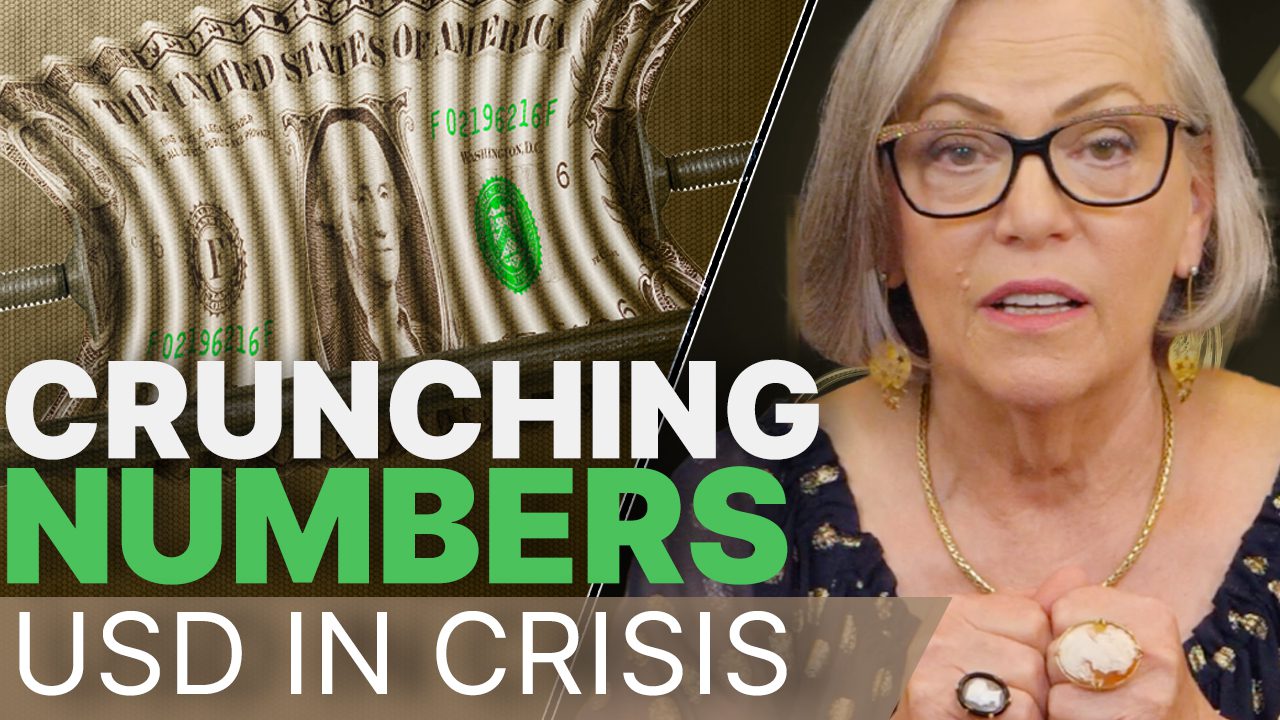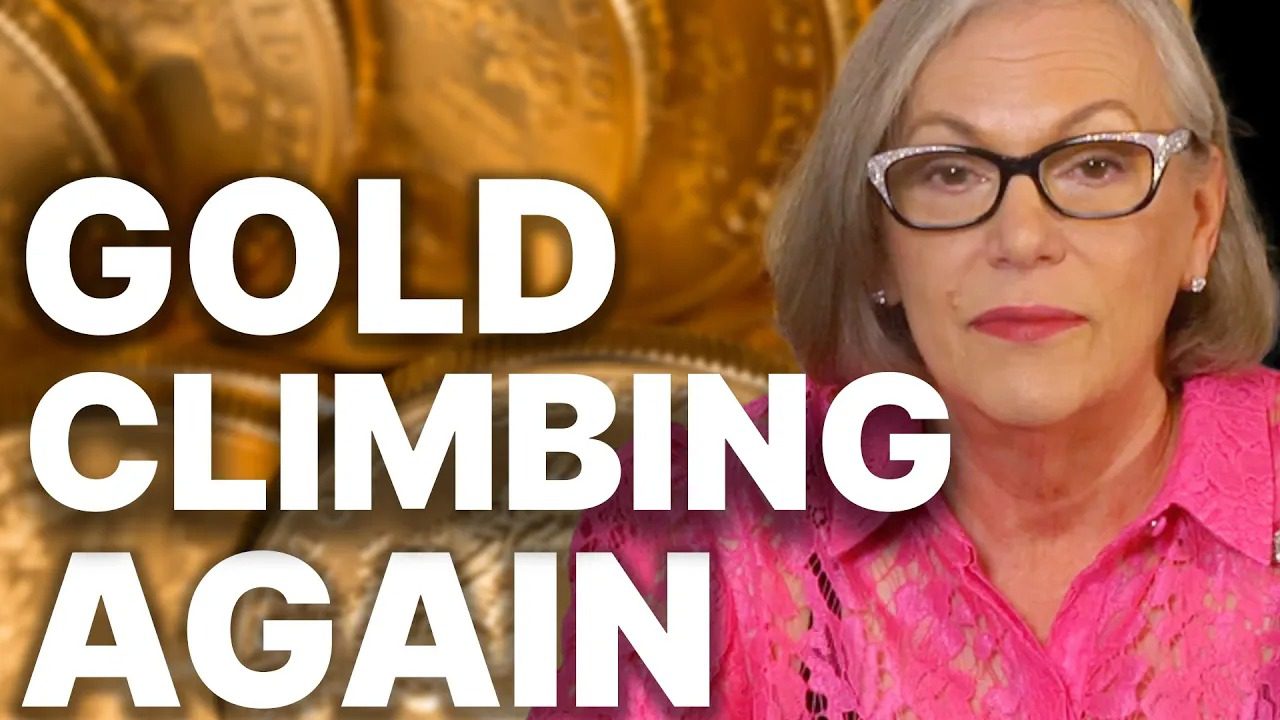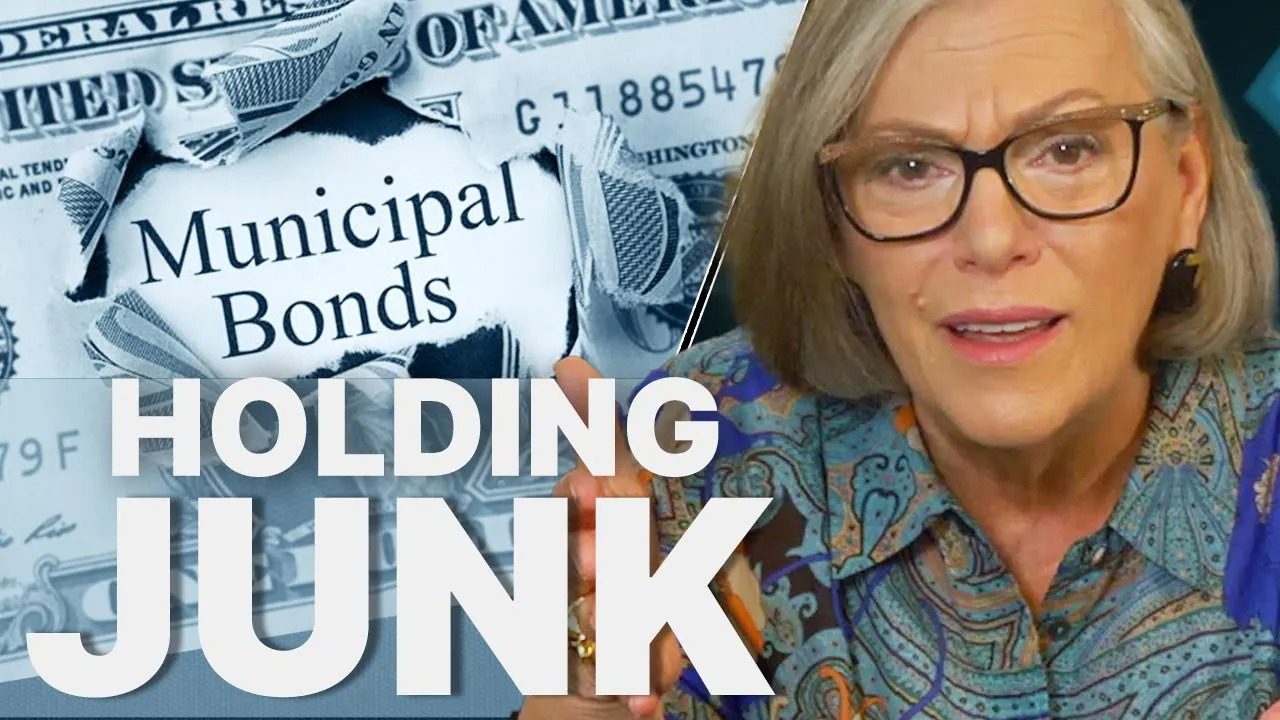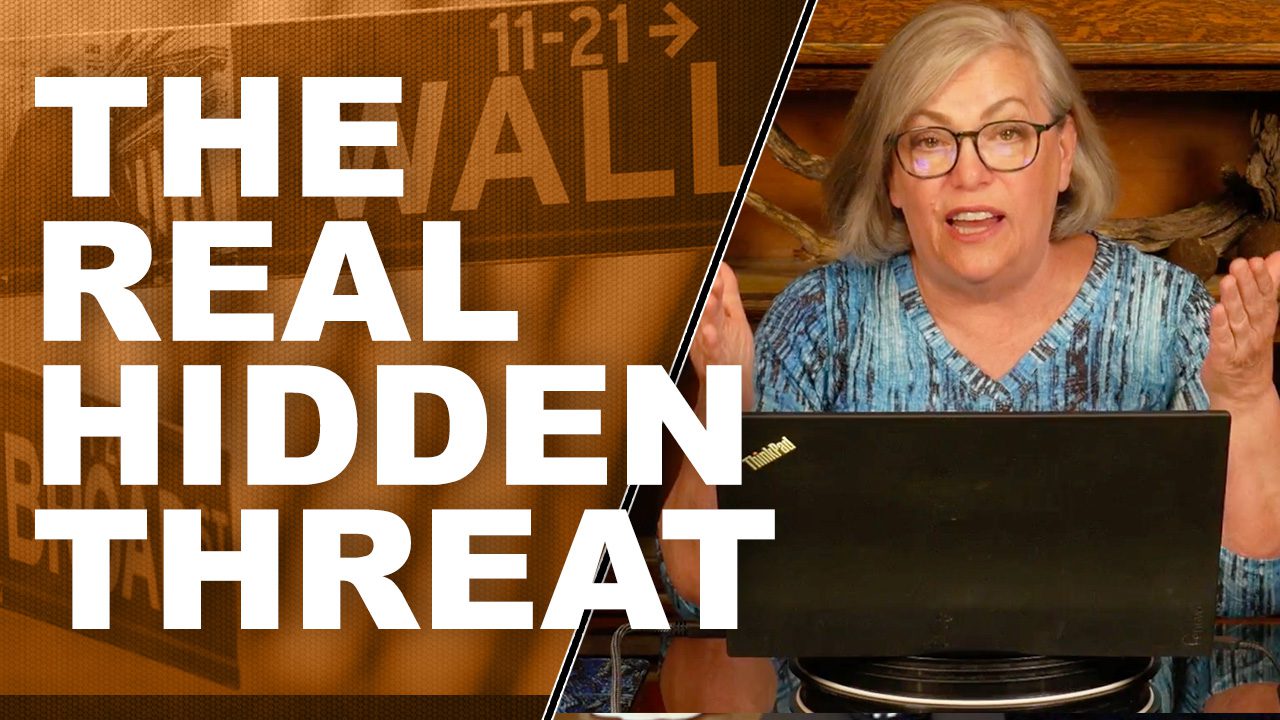More Information On The Interest-Rate Swapping Scheme

The United Kingdom company, Intercap, is the largest broker of Interest-Rate Swapping. It is currently under suspicion for manipulating interest rates that impact everything from individual retirees’ to large cities and everyone in between.
“How is some municipality in Cleveland or wherever going to know if it’s getting ripped off?†Wonders Michael Masters of Masters Capital Management, an advocate of more openness in the derivatives world and a fund manager. “The answer is, they won’t know.â€
The ability to control such things at ICAP were apparently controlled by a small number of 20 or so brokers, some of whom were making so much money for themselves the unit was called “Treasure Island.†The fact that 20 guys were responsible for inputting data that could affect a $379 trillion market and expect things to be done on the up and up is laughable. “It’s almost hilarious in the irony,†admits David Frenk, director of research for Better Markets, a advocacy group for financial-reform, “that they called it ISDAfix.â€
When thinking on LIBOR and, now possibly the ISDAfix, the question that rises like a specter from a Charles Dickens novel is “Where else is this kind of manipulation taking place?†The better question may be “Where couldn’t this kind of manipulation take place?â€. In almost every conceivable market from gold to interest rates, we apparently rely on little groups of people with the moral acumen of Scrooge to do things in an honest and up-right fashion.
“In all the over-the-counter markets, you don’t really have pricing except by a bunch of guys getting together,†says Masters resignedly.
It doesn’t help when we see some of these groups, Barclays (snagged and fined $453 million for rigging LIBOR) or JPMorgan Chase (paid a $228 million settlement for fixing municipal-bond auctions) or UBS (fined $1.66 billion for rigging municipal bond and LIBOR influencing), are sent hissing and squinting like vampires caught in the light of day.
In an official EU survey, the European Federation of Financial Services Users wrote “In general, those markets which are based on non-attested, voluntary submission of data from agents whose benefits depend on such benchmarks are especially vulnerable of market abuse and distortion.â€
“You name it,†says Frenk. “Any of these benchmarks is a possibility for corruption.â€
The issue is so enormous that the public not only can’t see it but has difficulty wrapping their head around it. The practices in question do not reach a hand into your pocket and take your wallet, they just hit a few keys on a computer and change whatever’s in your wallet into something less. Sounds a lot like what governments have been doing for decades with inflation, only this is with financial institutions and interest-rate swapping.













